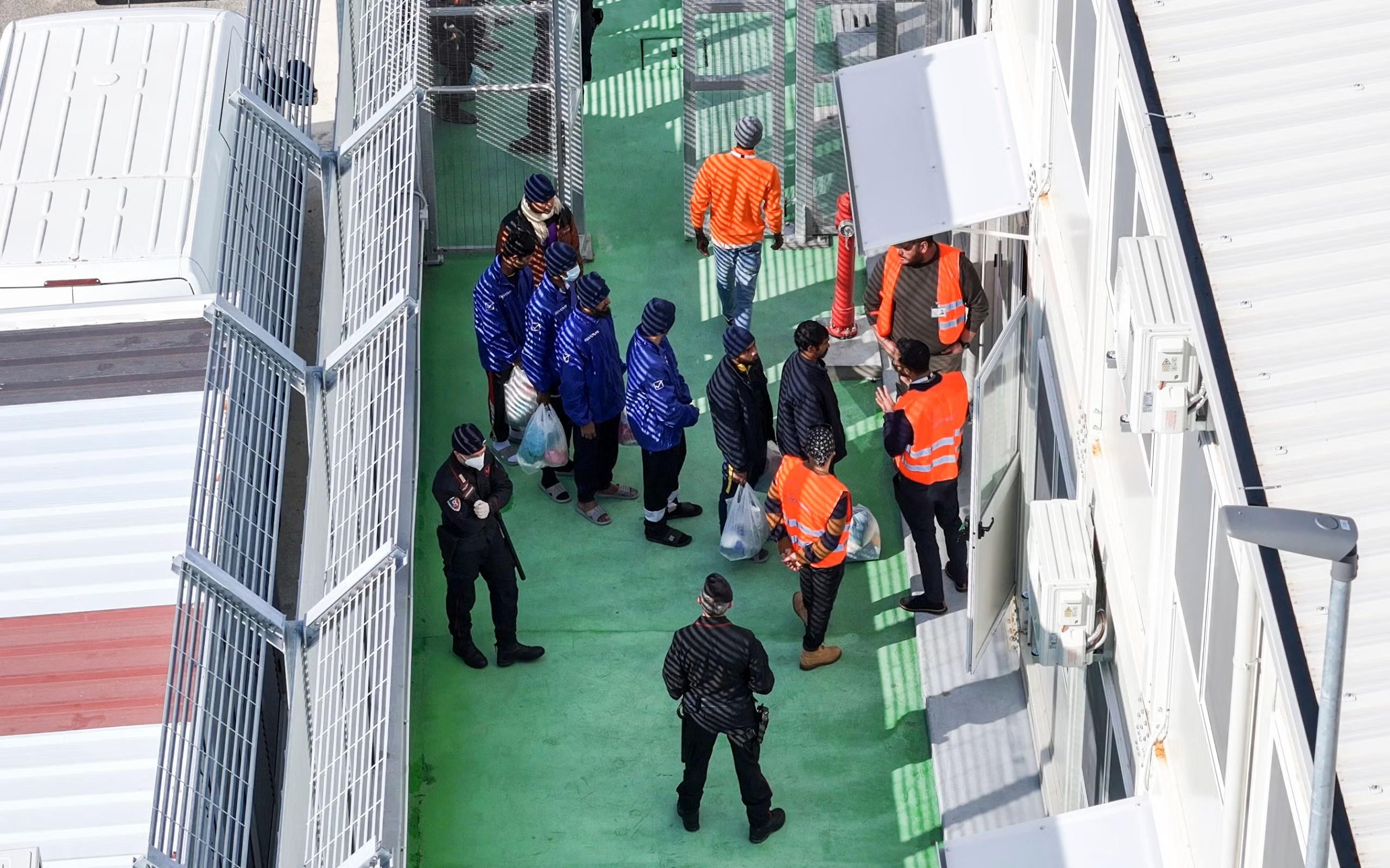The European Commission proposed on Wednesday that EU member states be allowed to set up “return hubs” in non-EU countries where migrants whose asylum claims have been rejected can await deportation. This move aims to address the issue of migrants who remain in the EU after their claims are denied, as member states have struggled to enforce deportation orders effectively.
EU Commissioner for Migration, Magnus Brunner, emphasised that while the EU has some of the highest asylum standards in the world, it cannot sustain a system where individuals abuse the asylum process. “One out of five people who are told to leave the EU actually leave the EU, and that is not acceptable,” Brunner said during a press conference.
The new proposal seeks to create standardized regulations across the EU, meaning that once a migrant is ordered to leave one EU member state, the order will apply throughout the entire EU. Deportation will become mandatory for those who fail to leave voluntarily by the given deadline, those who move to another member state illegally, or those considered security risks.

However, unaccompanied minors and families with children will be excluded from this plan. Voluntary return will still be encouraged with cooperative incentives, and the new proposal will require approval from both the European Parliament and member states before implementation.
The proposal, part of the migration and asylum pact agreed upon in late 2023, comes at a time when migration remains a divisive issue across the EU. Despite a 38% decrease in illegal border crossings in 2024, rights organisations have criticised the plan. Amnesty International’s Eve Geddie argued that the initiative would lead to human rights violations and prolonged detentions under unclear, punitive conditions. The plan also allows for detention of individuals for up to two years if they are deemed security risks.


 Trending
Trending 